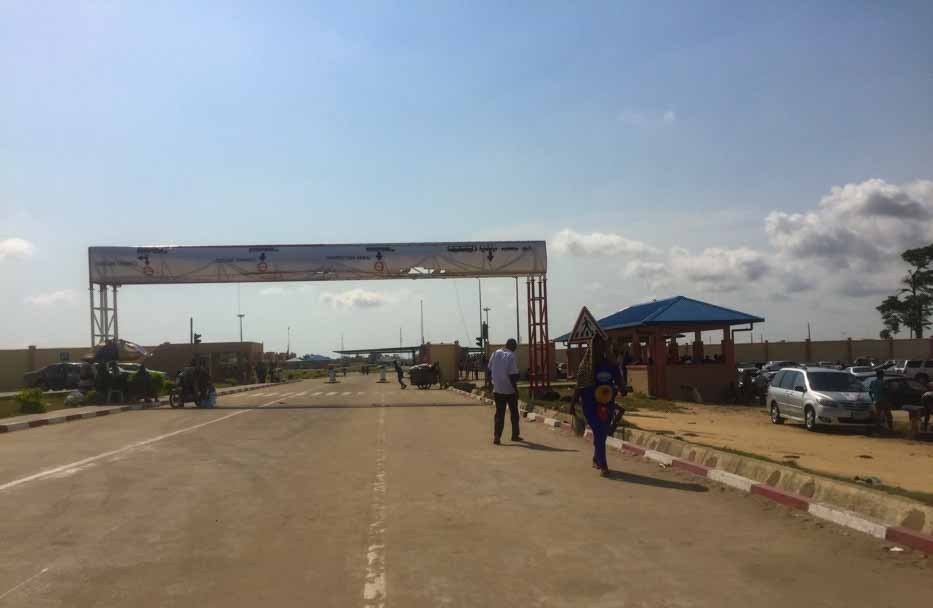Nigeria’s President Muhammadu Buhari has revealed that the closure of the country’s borders since last year was not entirely because of the smuggling of rice as was widely reported.
On Monday at a bilateral meeting with his Ghanaian counterpart, Nana Akufo-Addo, he said the closure was also to fight arms and ammunition, as well as hard drugs being ferried into Nigeria.
For months the Nigerian government explained that closing its borders was to ensure that rice isn’t smuggled into its territory from neighboring countries.
Rice is one of the commodities mostly smuggled on a massive scale into Nigeria through borders linking with Benin, according to the government.
Borders in four geopolitical zones across the country, including South-South, South-West, North-Central and North-West have been closed since August 2019.
The move however sparked diplomatic tension but Buhari extended the closure of the borders to January 31, 2020.
As that deadline approaches, President Buhari has now revealed that closing the border was to ensure that arms and drugs don’t float into his country.
President Buhari’s Special Adviser on Media and Publicity, Mr Femi Adesina said in a statement in Abuja, that Buhari and Akufo-Addo’s meeting was held at the sidelines of UK-Africa Investment Summit 2020.
The partial closure of Nigeria’s borders is not caused solely because food products, particularly rice, were being smuggled into Nigeria, but also because arms and ammunition, as well as hard drugs were being ferried into Nigeria, PMB earlier in a meeting with Ghanaian President. pic.twitter.com/wXB5UIq0gg
— Bashir Ahmad (@BashirAhmaad) January 20, 2020
The statement quoted Buhari as saying that “When most of the vehicles carrying rice and other food products through our land borders are intercepted, you find cheap hard drugs, and small arms, under the food products. This has terrible consequences for any country.”
Outrage from ECOWAS
Benin and other countries close to Nigeria have expressed concern about the closure.
Other ECOWAS member countries have also escalated the concern by expressing their dislike for the move.
Some of these countries including Niger have now banned the export of Rice to Nigeria, hoping to ease tension.
Traders in Ghana have accused Nigeria of unfair trade practices, and called on the ECOWAS Commission to intervene.
Ghana’s government is under pressure to ban all imports from Nigeria as a sign of disapproval to the ongoing closure of Nigeria’s borders.
But Buhari said it was regrettable that the partial border closure was having “negative economic impact on our neighbours,” but added that “we cannot leave our country, particularly the youths, endangered.”
He said the Sahel region is awash with small arms, which accounts for severe security challenges in Mali, Chad, Burkina Faso, Niger and Nigeria.
“We are in fact the biggest victims,” he lamented.
The Nigerian leader said about the timeline for opening the border that “We will get things sorted out. Our farmers, especially those who grow rice, now have a market, and are happy, and we are also concerned about hard drugs and weapons.
”Once the committee comes up with its recommendations, we will sit and consider them,”
Source: Africafeeds.com



